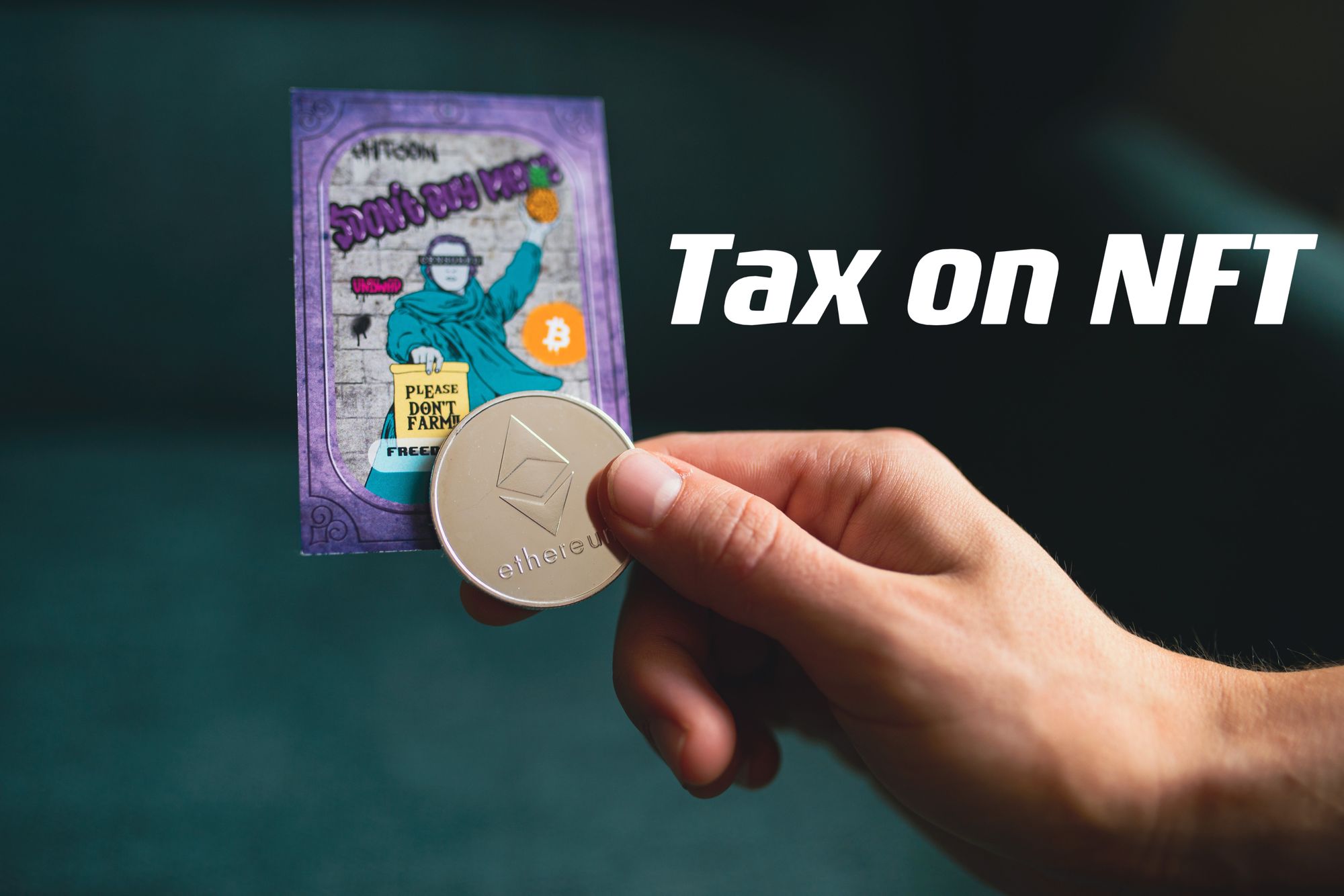How NFT is taxed

The hype of NFT may be (temporarily) gone, but the crash may lay a solid foundation for future. The world needs digital assets that are unique, irreplaceable and indivisible. A rational market will only make the future of NFT more prosperous and attract more talents for its development.
Clear taxation rules are needed more than ever for NFT participants. We analyzed how Denmark taxed NFT (click here), but jurisdictions across the world have very different approach on taxing it and many of them have no clear rules to follow. Let's discuss how complicated the matter is on NFT taxation.
1. Creator of digital assets
The creator has two types of income, namely the net sales proceeds from the first buyer of NFT and the income from subsequent resales by the future buyers.
There is no much doubt that the creator is taxed where his tax residence is. However, like the case in Denmark, the nature of the income is not clear. It can be business income (activity of creating and selling digital assets), capital gain (selling personal or business assets), royalty income (income from reselling by the subsequent buyers) and other income (if the taxman has no idea where to put it). In many countries the personal tax rate depends on the types of income and the NFT creators should try best to classify the income as low taxed income allowed (or not disallowed) by the domestic tax law.
However, the tax rules will be complicated if the buyer or subsequent buyers are from different countries. Some countries require the buyers to withhold taxes for creators/sellers when paying royalties but nearly no one would purchase NFT with taxes settled. This would expose the creators the potential tax liabilities in the buying jurisdictions without notice.
Other than income tax above, some of the incomes are potentially subject to Value Added Tax ("VAT"), US State and Local Sales and Use Taxes, Digital Services Tax, etc. When NFT creators started to earn, our tax authorities started to follow.
2. Buyers
The tax implications on the buyers of NFT seems straight forward. Of course not. NFT is not purchased by USD or EUR but cryptos like BTC and ETH. When the buyer exchanged BTC/ETH for NFT, the tax authorities would consider dispose an asset and acquire an asset. If the disposal realized profits compared with the initial acquisition price, tax on trading profits or capital gains would follow depending on the holding periods of the cryptos. The buyers after the first one should be aware of withholding tax obligations on royalty income on NFT creators as discussed above and made tax payment in accordance with the domestic tax rule as no sellers would be willing to bear the costs. VAT might follow as well if the purchase constituted a trade.
3. Market Exchange
Market exchange is subject to tax on the fees for minting and listing the digital assets as well as commissions paid by buyers. While the exchange is undoubtedly subject to tax, it is less obvious on the place of taxation given the market runs digitally. In traditional international tax rules, the tax place is where the permanent establishment or physical presence is.
Though how market exchange taxed is not the concern for most of us, they may need to comply with the proposed amendment on common reporting standard ("CRS") and the eighth amendment on European Union Directive on Administrative Cooperation ("DAC 8")to exchange the information of creators, buyers and sellers to tax authorities. Be prepared for taxman.

